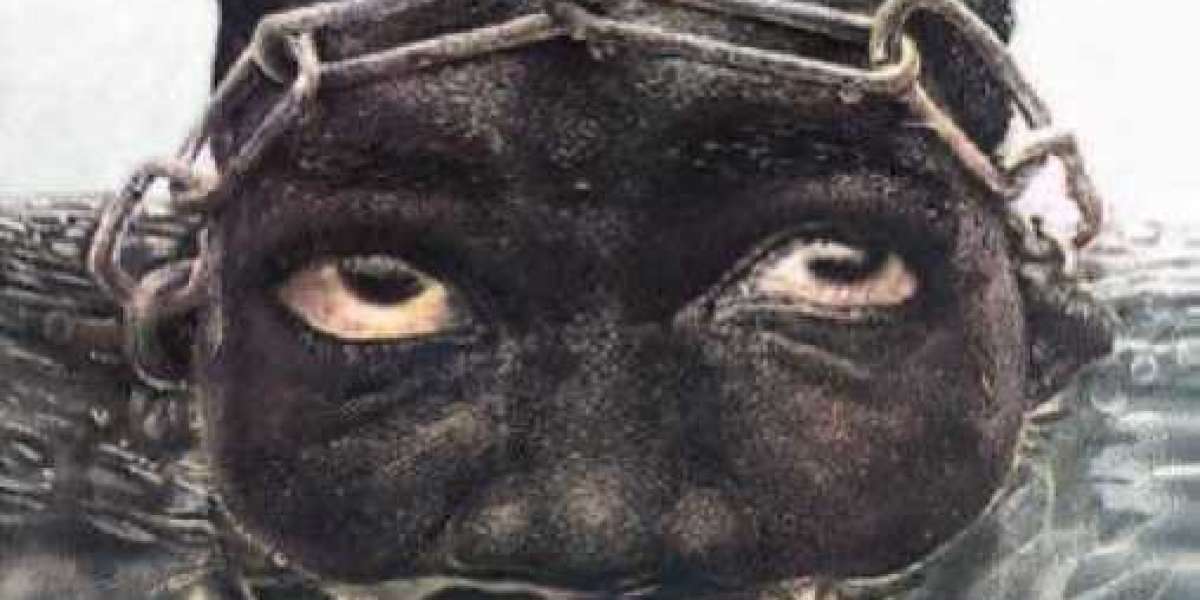Introduction to the Transatlantic Slave Trade
The Transatlantic Slave Trade was a system of forced labor in which millions of Africans were taken from their homeland to the Americas and the Caribbean to be sold as slaves. It began in the 16th century and lasted for more than three centuries. It is estimated that between 10 and 12 million Africans were transported across the Atlantic during the Transatlantic Slave Trade.
The Transatlantic Slave Trade had a devastating impact on African societies. It led to the displacement of millions of people, the destruction of families, and the displacement of entire cultures. It also had a profound impact on the economies of the countries involved in the trade. The Transatlantic Slave Trade also had a profound impact on the development of the Americas and the Caribbean, as enslaved Africans were forced to work in the fields, mines, and plantations.
How the Transatlantic Slave Trade Began
The Transatlantic Slave Trade began in the 16th century when European countries began looking to Africa for a source of cheap labor. It was part of a larger system of trading in African slaves, known as the Triangular Trade. This involved trading in African slaves, as well as goods such as sugar and tobacco, between Europe, Africa, and the Americas.
The Transatlantic Slave Trade was a highly profitable business for the European countries involved. They made huge profits from the sale of African slaves and the goods they produced. The Transatlantic Slave Trade was also a major factor in the development of the economies of the countries involved.
Who Was Involved in the Transatlantic Slave Trade?
The Transatlantic Slave Trade was a complex system that involved several different countries and companies. The main countries involved in the slave trade were Portugal, Spain, the Netherlands, France, England, and the United States. These countries all had colonies in the Americas and the Caribbean and were seeking a source of cheap labor.
The companies involved in the Transatlantic Slave Trade were mainly shipping companies and merchants. These companies bought slaves from African slave traders and transported them to the Americas and the Caribbean. They also sold slaves to the plantation and mine owners in the Americas and the Caribbean.
The Role of African Slave Traders in the Transatlantic Slave Trade
While the European countries and companies were the main players in the Transatlantic Slave Trade, African slave traders also played an important role. African slave traders were responsible for capturing slaves in Africa and selling them to the European traders. African slave traders were also responsible for transporting the slaves to the coast, where they were sold to European traders.
The African slave traders were often the first to benefit from the Transatlantic Slave Trade. They made huge profits from the sale of slaves to European traders. However, they also faced a great deal of risk and danger, as they were often the targets of raids by European traders. The African slave traders also faced a great deal of criticism from their own people, as they were seen as complicit in the Transatlantic Slave Trade.
The Companies Behind the Transatlantic Slave Trade
The companies involved in the Transatlantic Slave Trade were mainly shipping companies and merchants. These companies bought slaves from African slave traders and transported them to the Americas and the Caribbean. The most well-known company involved in the Transatlantic Slave Trade was the Royal African Company, which was founded by the English Crown in 1672.
The Royal African Company was responsible for transporting more than 2 million slaves to the Americas and the Caribbean. It was also responsible for setting up trading posts in Africa, where slaves were bought and sold. Other companies involved in the Transatlantic Slave Trade included the Dutch West India Company and the French Compagnie des Indes.
The Impact of the Transatlantic Slave Trade
The Transatlantic Slave Trade had a devastating impact on African societies. It led to the displacement of millions of people, the destruction of families, and the displacement of entire cultures. It also had a profound impact on the economies of the countries involved in the trade. The Transatlantic Slave Trade also had a profound impact on the development of the Americas and the Caribbean, as enslaved Africans were forced to work in the fields, mines, and plantations.
The Transatlantic Slave Trade also had a profound impact on the African diaspora, as millions of enslaved Africans were taken from their homeland and transported across the Atlantic. This resulted in the development of new cultures and the spread of African culture to the Americas and the Caribbean.
What Are These Companies Doing Now?
Today, the companies involved in the Transatlantic Slave Trade no longer exist. The Royal African Company was dissolved in 1712 and the Dutch West India Company in 1791. However, their legacy still lives on. Today, some of the companies that were involved in the Transatlantic Slave Trade are still in existence, albeit in a different form.
For example, the Royal African Company was absorbed into the British East India Company in 1712. The British East India Company is now known as the British East India Trading Company (BEITC) and is still in operation today. The BEITC is one of the largest trading companies in the world and is involved in a wide range of businesses, including finance, energy, and shipping.
The Dutch West India Company is now known as the Dutch East India Company (DEIC). The DEIC is still in operation today and is involved in a wide range of businesses, including shipping, energy, and finance.
Conclusion
The Transatlantic Slave Trade was a brutal and shameful chapter in human history. It is estimated that between 10 and 12 million Africans were transported across the Atlantic during the Transatlantic Slave Trade. The companies involved in the Transatlantic Slave Trade made huge profits from the sale of slaves and goods. Today, some of these companies are still in operation, albeit in a different form.
The legacy of the Transatlantic Slave Trade still lives on and we must remember the horrific consequences of this trade. We must also remember the courage and resilience of the millions of African slaves who endured the brutalities of the Transatlantic Slave Trade.
The Transatlantic Slave Trade was a dark chapter in human history, but we must learn from it and ensure that it is never repeated. By understanding the companies behind the Transatlantic Slave Trade and what they are doing now, we can ensure that we are doing our part to prevent such atrocities from happening again.
Image Source: FreeImages



